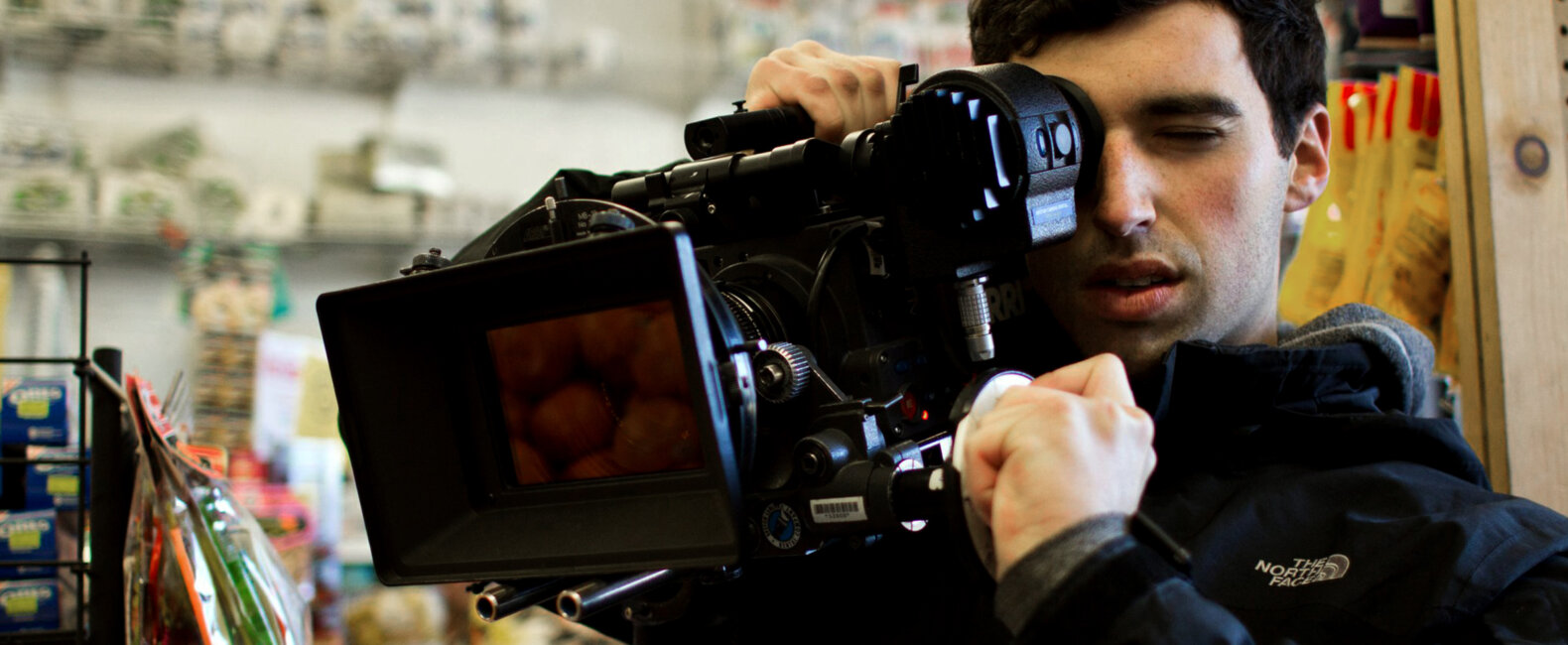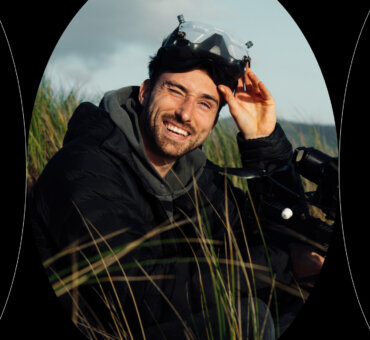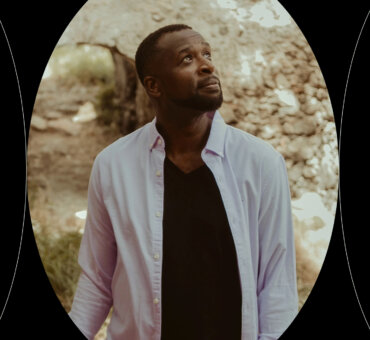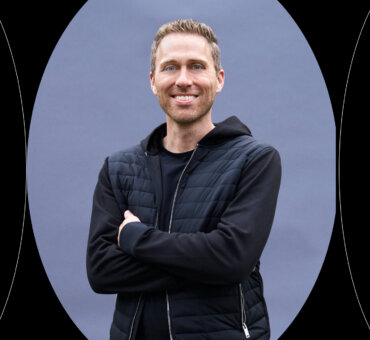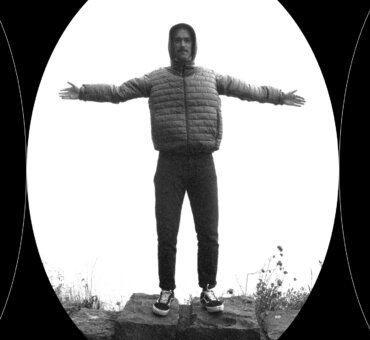No matter what kind of profession you work in, there’s something to be said for good, old-fashioned hustle. Squeezing every bit of value out of an experience. When director Tucker Bliss stepped up to direct the Staff-Picked Monster Factory, he was bringing a wealth of experience, taste, and style to the table — all of which were developed in one place: commercial work. Whether you’re a filmmaker whose goal is to make a feature-length narrative or to direct ads for Nike, there’s a lesson to be learned here: why pay for an education when you can get paid for an education?
For Tucker, he found a connection in commercial work, something that drew him in, and it worked out in his favor when he decided to step into the realm of passion projects. We talked with the director about the style he’s developed, how he gleaned experiences from commercial work, and what he learned from his work on Monster Factory, a surprisingly inspirational documentary about pro wrestlers in training.
Here’s our conversation with Tucker.
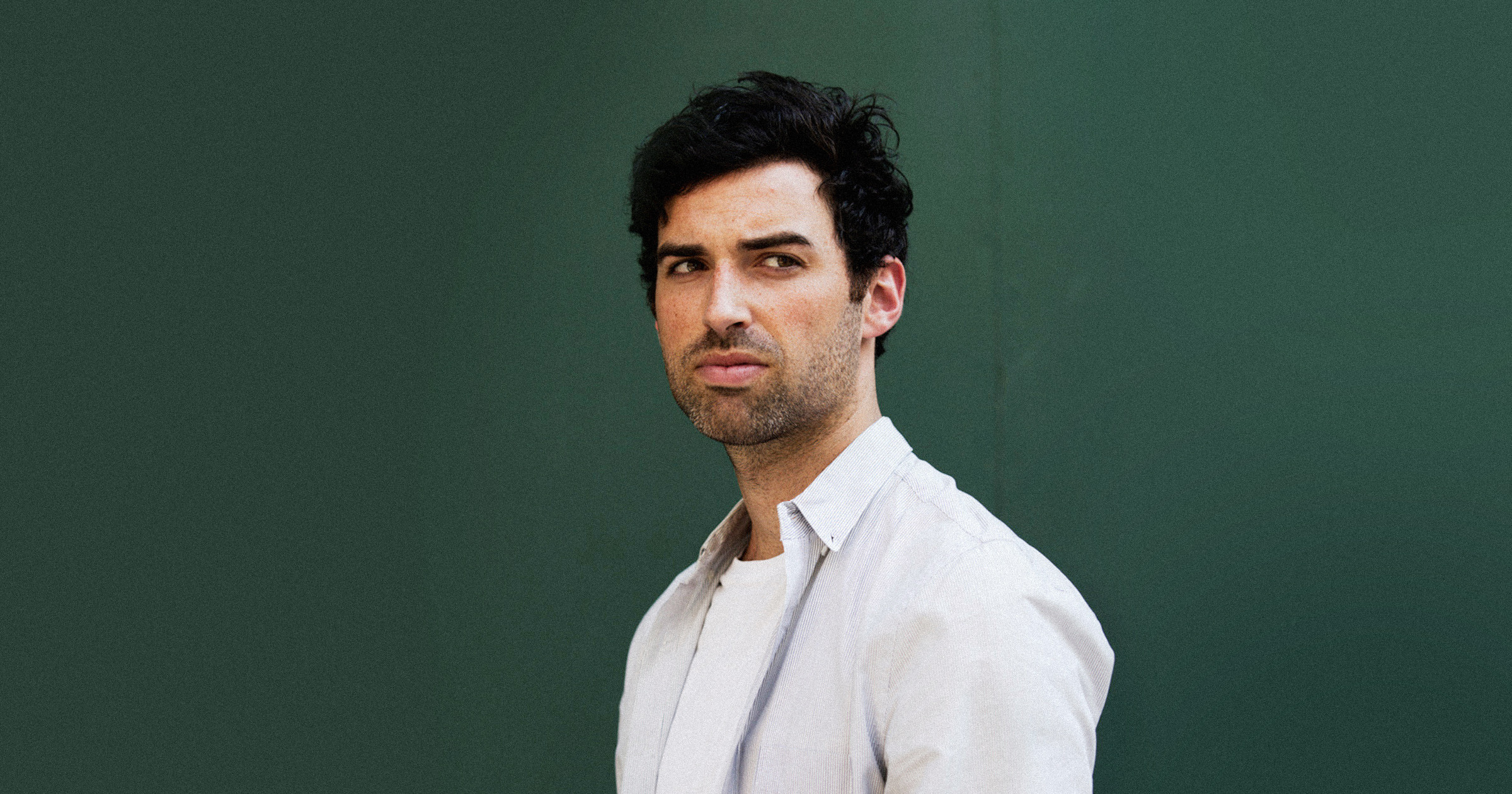
Musicbed: What do you struggle with most as a filmmaker?
I don’t know if I’m being totally self-conscious, but there’s this strange thing about doing work for other people — commercials and music videos and things like that — that makes you sort of question yourself. Over the last few years, I’ve been given a lot of projects that are just bad to start with. Like, the boards are bad; the idea is bad. Then, it’s our job to polish it and make it as good as possible. But, at the end of the day, I come out of a project like that and I feel bad. I feel like a bad director. I feel like I don’t know what I’m doing. Then I do something for myself, something I’m passionate about, and it’s like, “Oh. I’m not bad. This is pretty good.” I start to understand what makes me feel fulfilled and that I haven’t been able to show that. I don’t know if a lot of directors go through that, but it’s a weird moment of questioning yourself that comes out of bringing someone else’s idea to life.
What kind of filmmaking do you find fulfilling?
Most of my stuff is pretty lo-fi, even when we have the money to do something more elaborate. The stories I’m attracted to, commercial or otherwise, are always real-people stories, in a way. If it’s comedy or drama or whatever, I like it to feel as real and relatable as possible. I went to school for film and advertising. I studied advertising first, and then I switched to film because I realized I wasn’t going to be filming commercials if I just did advertising. Commercial work had some allure to it that I’ve never been able to put into words. But, I ultimately made the shift because I felt like film is a lot easier to wrap my head around since it’s more concrete — that and I didn’t want to work in an office forever. My dad was a stock trader, and he told me, “I make a lot of money, but I hate my job. No matter what you do, do not hate your job and do not go into something you’re not passionate about.” That inspired me to trust my gut about filmmaking and see where it took me.
After school, I started working as a documentary filmmaker on small projects where we didn’t have a lot of money. So we sort of had to tell that real story because we had nothing else to lean on. But, even for narrative projects, my work still has that handheld aesthetic. I started as a DP, so I know how the camera works. Anytime I get to shoot on a tripod or a technocrane, it sort of slows everything down. For certain projects, that pressure is not a good thing. They’re cool toys, but I think you need to choose the tools that are right for the job. For me, that’s always going to be something simpler.
How do you bring that way of thinking to your commercial work?
I definitely try to inject as much of myself as possible. A lot of times it comes down to arguing with agencies or arguing with a client about what stays and what goes — you don’t often win those battles. Hopefully, you get lucky and they say, “You can get a few extra shots.” I did this for a job recently, where the creative director was really cool about the experience. He said, “I know we’re just doing these 15-second spots, but if you want to shoot stuff in between, just go for it. I won’t say anything, and we’ll turn off the monitors.” We ended up shooting enough for a 60-second spot. I cut it together and sent it back to the agency, and they ended up selling it to the client. Sometimes the client doesn’t know what they want until you give it to them. They know what they don’t want [laughs] but that helps too
Do those experiences teach you more about the filmmaker you want to be?
I feel like I have this insatiable desire to work on narrative pieces lately, so I definitely want to figure out a better balance between the opportunities that pay the bills and the ones that help me scratch that itch. There’s really no looking past the value of someone paying for you to experiment and grow your skills. And the variety of stories I get to work on is great for me. It’s like, one month I’m shooting for a sports company; one month I’m shooting something about computers. You’re never entrenched in something for too long.
Really, though, no matter how many projects I work on, I feel like I’m still learning. And the nice thing about commercial work is I get to learn with other people’s money. [laughs] But I’ve been able to take everything I’ve learned in the past five years of commercial directing and apply it to my own projects. All the mistakes I’ve made, all the lessons I’ve learned, I learned with brand money. When I went into making my documentary short, Monster Factory, I had this $10,000 budget. Without those commercial experiences, I would’ve had no idea how to spend that money the right way. Monster Factory is my first real jump into making narrative pieces for myself, but that’s what I’ve always wanted to do.
What did you take away from that experience?
I learned that I should always seek out stories that truly interest me. This film is about a group of people trying to break into wrestling, and that’s great on its own. But I don’t care about wrestling. I wanted to make sure we were telling the bigger story about those people. And it ended up being a story about friendship and these sort of coming-of-age moments when people might not believe in you, but you believe in yourself. Those moments where people find the drive to keep going because they have so much passion for something are easy for viewers to invest in, and I’m definitely drawn to relationships that help foster that, whether it’s a girlfriend or boyfriend or brother or parent.
Monster Factory was a great teaching moment for me because I saw how easy it is to do a personal project that I really enjoy, and to work to make sure it gets seen by as many people as possible. It’s unbelievable how your phone starts ringing, and they’re people from Netflix and Fox. I’m constantly saying, “I never thought I would be on this phone call.” But that’s what can happen when you make films you believe in. I believe earnest, honest filmmaking is something people will always respond to. I want people to smile, of course, but it should always feel honest. It should feel relatable. If you can do that — even when the piece is absurdist and weird — it can still strike a chord.















































































